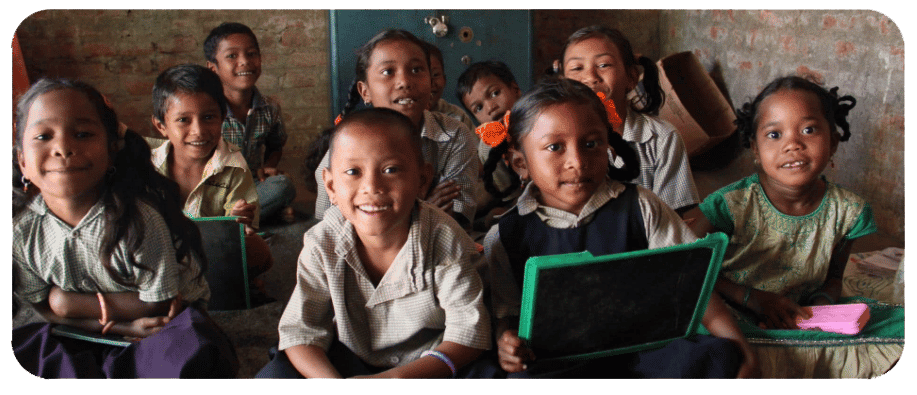
Aide et Action is distributing emergency food and hygiene education in northwest Vietnam as COVID-19 and natural disasters threaten vulnerable populations.
Vietnam has made global headlines for its rapid response to and containment of Coronavirus since the outbreak began in January 2020. After three months of school closures the country became one of the first nations to reopen its classrooms in the wake of COVID-19. While resuming education may indicate a step towards pre-pandemic normalcy, the country’s most vulnerable populations are still being adversely affected by the crisis as well as other issues. In Hoa Binh, Lau Cai, and Lai Chau provinces, located in Vietnam’s northwest, Aide et Action has been implementing a number of activities to protect those marginalised by poverty, geographic remoteness and more.
Weather poses a further threat
In Da Bac district, natural disasters of heavy rains, storms and landslides have recently exacerbated an already fragile situation for inhabitants living under or near the poverty threshold. COVID-19 preventative emergency measures such as travel and trade restrictions over the last few months have led to a reduction in livelihoods for those living in the district, particularly where we work in Tien Phong, Doan Ket, and Vay Nua communes.
To support those facing increased levels of poverty or food insecurity, Aide et Action delivered 15kg of rice per family to 360 families in Da Bac district on 11-12 May 2020. This support came at an apt time as the recent damage to their homes caused by the storms left inhabitants wondering how they could afford to fix their homes and put food on the table for their families. All of the families supported by Aide et Action have children currently enrolled in school – our aim is to support these children to ensure they can continue their education.
Hygiene education
As children return to school, Aide et Action is putting an emphasis on the importance of hand-washing and hygiene education. From 11-13 May 2020, we delivered 1,500 soap bars to 750 primary school children (of whom 45% were girls) and 61 dry sanitizer bottles to local primary schools in Tien Phong, Vay Nua and Doan Ket communes in Da Bac district.
However, having the supplies is not enough, children must also know how to use them effectively. To support our focus on hygiene education, we also delivered leaflets on hand-washing as well as preventive measures to take at home and in school for disease prevention.
Additional tasks for teachers
On 11 May 2020, pre- and primary school children returned to education. While the majority of students were thrilled to be back to school and able to see and play with their friends again, their teachers were concerned that the children had forgotten what they had previously learned.
In addition to catching children up to speed on where they should be education-wise, teachers are also tasked with taking on health and safety checks. The return to school comes with new guidelines – temperatures must be checked, hands must be washed more frequently and hygiene education must be delivered weekly.
In our commitment to increasing access to quality education for all, we have a strong focus on capacity-building for teachers. We suspect that as education resumes post-pandemic, teachers will be integral to promoting a child’s development, health and well-being. We, too, will continue to support the teachers we work with in developing the skills and tools they need to meet their students’ needs.



